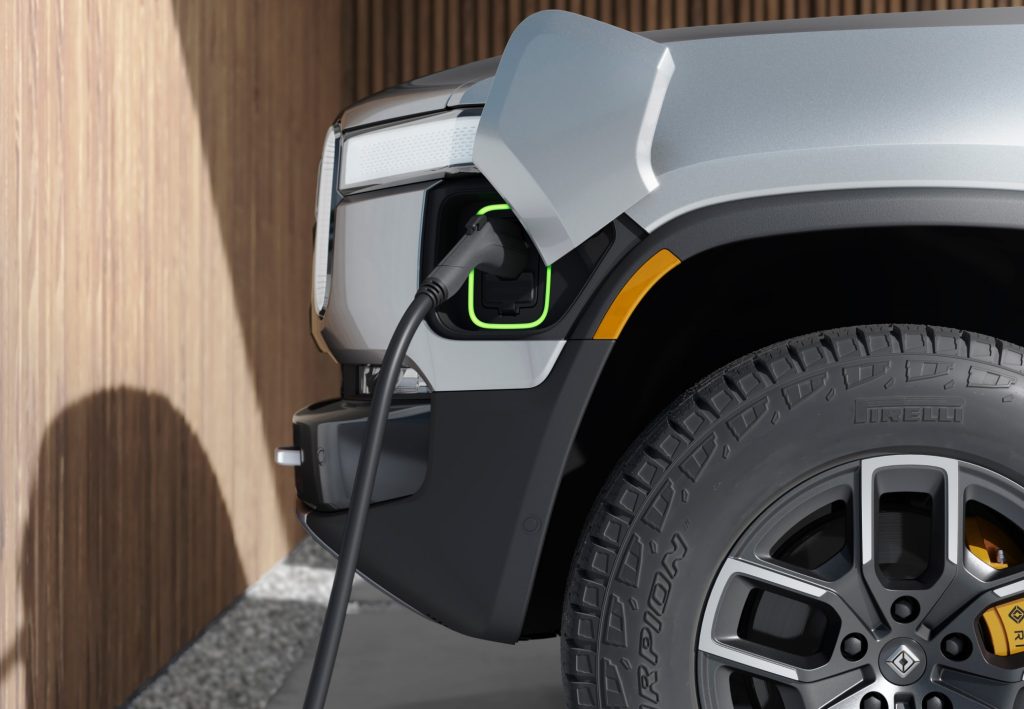Why Buying An Electric Vehicle Is Now More Difficult Than Ever
Buying an electric vehicle just got a whole lot more complicated with the release of a new bill pertaining to the cars.
This article is more than 2 years old

Electric vehicles, like Teslas, are on the rise worldwide. With many governments subsidizing automobile companies to include more EVs on their roster, the mighty, battery-powered cars may be finally accessible to the larger public. But in the United States, the costly nature of these vehicles actually might continue to increase. After Joe Biden recently signed a health care law last Tuesday, new taxes on energy conservation will soon be implemented.
Joe Biden’s signing will give people a more accessible way to reduce carbon emissions. The bill includes $370 billion in tax incentives to encourage businesses to assess and reduce their carbon footprint and release more environmentally friendly products. A primary motivation included in the bill is a tax credit giving $7,500 to those wishing to purchase an electric vehicle. Like many bills in the United States, the wording and its tax extensions are convoluted.
The new law, passed solely from Democratic votes in the House and Senate, has a few caveats with its tax extensions for electric-vehicle buyers. First, not all of the included incentives will roll out simultaneously. For people who find it already difficult to go through the government to gain funds and tax exemptions, this rollout will make accessing the electric-vehicle credit even harder. Second, the credit will only apply to certain companies, like Tesla and General Motors. Most American-made cars will not be able to qualify for the credit, including Hyundai, Porsche, Toyota, and Kia.
Another frustrating component of this new bill is how the tax credit expires for specific automotive companies. Between 2022 and 2023, 21 cars and trucks from Rivian, Ford, Chrysler, and Jeep, will be eligible for the electric vehicle money. After 2023, you won’t be able to purchase these vehicles with the government’s tax credit. That’s because the bill includes trickier qualifications for how a buyer can receive monetary exemptions after 2022. This caveat was in place to win over certain Democratic representatives who didn’t want to give EV companies more funding and restrict gas-powered cars’ overall sales.
Though the bill wants to create better opportunities for people to purchase electric vehicles, its most prominent goal is to control the battery-powered engine market. Currently, the United States relies on China to supply most of its electric car batteries. Adding incentives for American companies to produce materials for EVs could help local factories in the country and stop the reliance on China’s batteries. American manufacturers must adjust their assembly and production to take advantage of the tax credit.
Even though the recent bill passed to help businesses and individuals with electric vehicle purchasing, its complexity has puzzled Americans across the board. This week, the Treasury Department released guidance to aid citizens in decoding the bill’s tax credit proposal. The department let buyers know that those who purchased an EV before Tuesday could still qualify for a credit on next year’s taxes. But, any purchases after Tuesday must meet the North American assembly requirements, restricting the number of EVs a person can receive a tax credit for.






